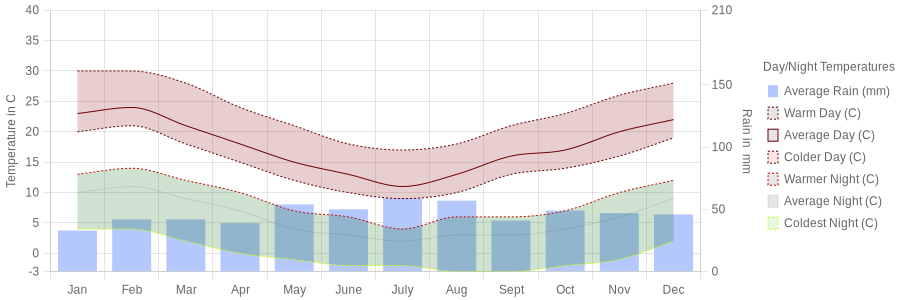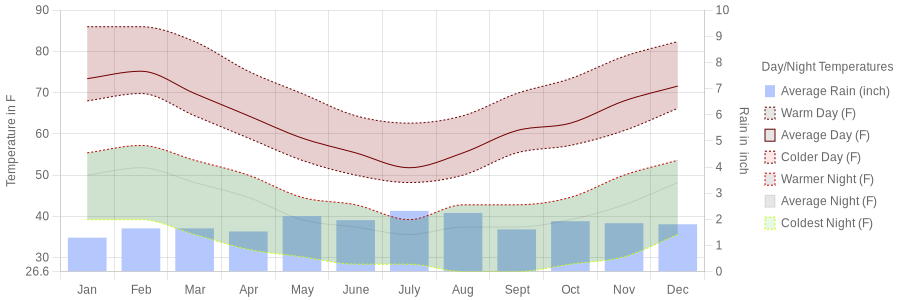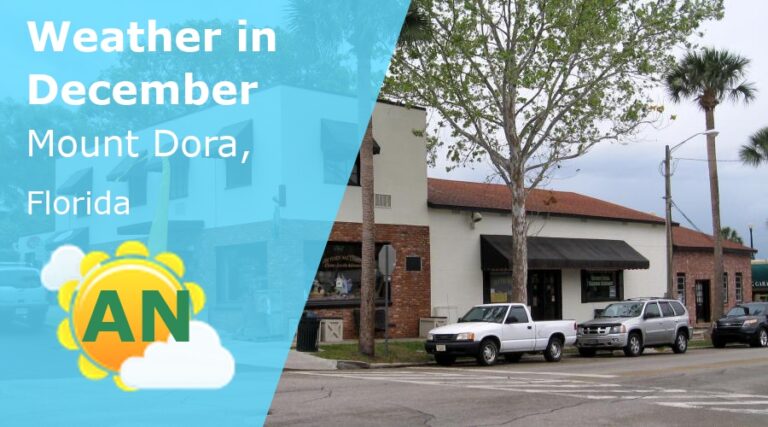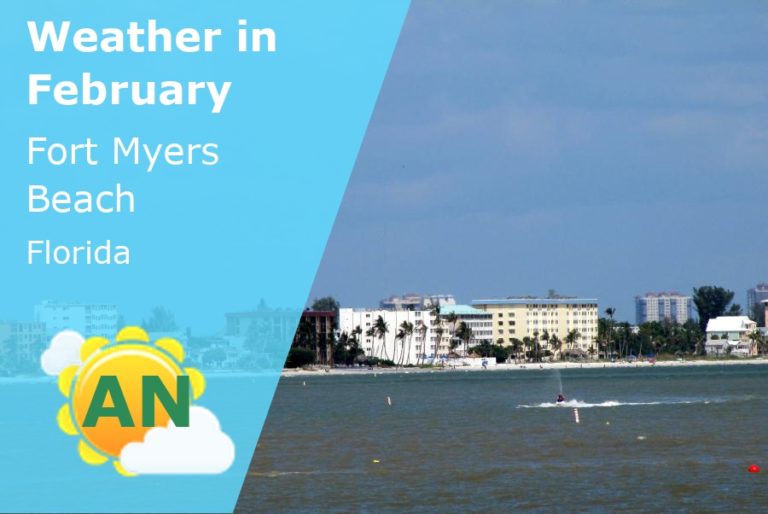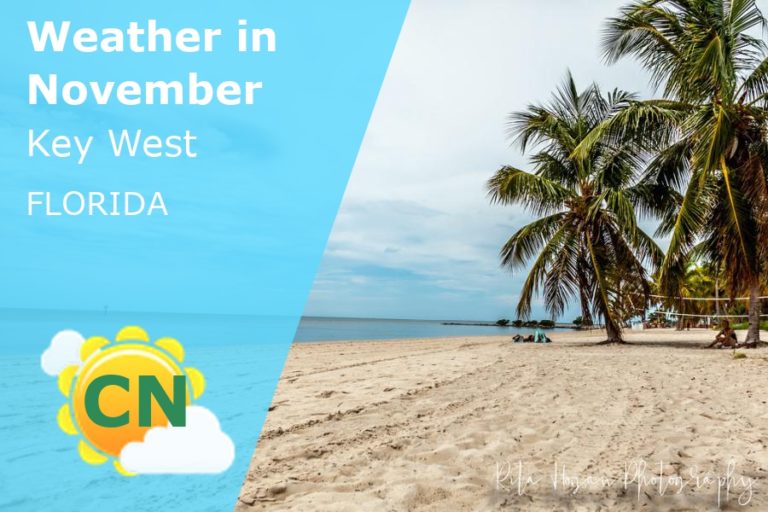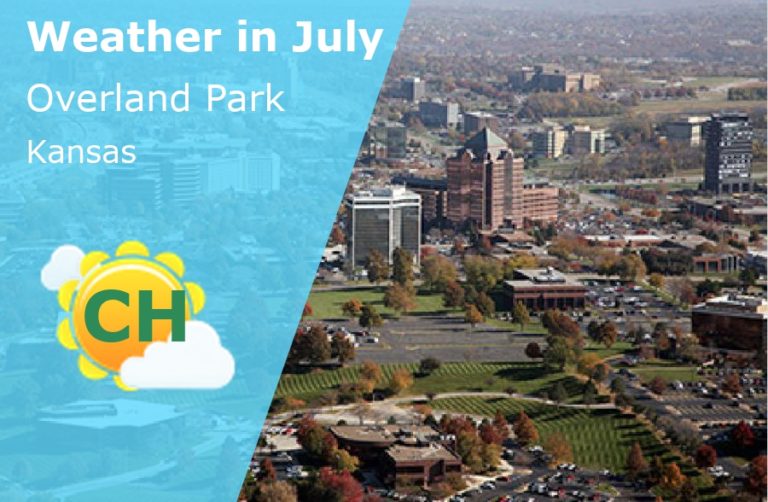January Weather in New Zealand - 2025
New Zealand is a beautiful country, made up of two large landmasses, The North and South Islands, and many other smaller islands. The terrain ranges from imposing snow-capped mountains to breathtaking forests to splendid beaches. Like its two islands, New Zealand's culture is a combination of Maori and British traditions. The capital is Wellington. A town on the southwestern tip of the Northern Island. The largest urban area, Auckland, is also on the Northern Island. The official languages are English and Maori.
Generally, January in New Zealand will be really nice, with an average temperature of around 73°F / 23°C. But due to the very dry air, it can feel somewhat uncomfortable for some people. You can expect around 9 rainy days, with on average 1.3 inches / 33 mm of rain during the month of January.

Contents
- 1 January weather in New Zealand
- 2 January weather in New Zealand in more detail
- 2.1 - What will the temperature be in New Zealand in January
- 2.2 - Can you expect rain in January in New Zealand?
- 2.3 - What will the water temperature be in New Zealand for January
- 2.4 - Can you expect in January a lot of sunny days in New Zealand
- 2.5 - Will it be comfortable in January in New Zealand?
- 3 What to do in New Zealand in January
- 4 Is it humid in New Zealand in January?
- 5 Is January a good time to go to New Zealand?
- 6 Does it rain all day in New Zealand in January?
- 7 Is January the rainiest month in New Zealand?
- 8 Is January the most sunniest month in New Zealand?
- 9 More information about New Zealand
- 10 Weather in New Zealand in other months
- 11 What to do in New Zealand for each month
January weather in New Zealand
To get a good overview of the type of weather you can expect in January in New Zealand, we will look at the day and night temperature, minimum and maximum water temperature, and if January is comfortable or humidGenerally, January in New Zealand will be really nice. Historical data shows that you can expect an average temperature of around 73°F / 23°C. But due to the very dry air, it can feel somewhat uncomfortable for some people. During the night, it will cool down to around 50°F / 10°C.
New Zealand has rainy days in January. You can expect around 9 rainy days, with on average 1.3 inches / 33 mm of rain during the whole month.
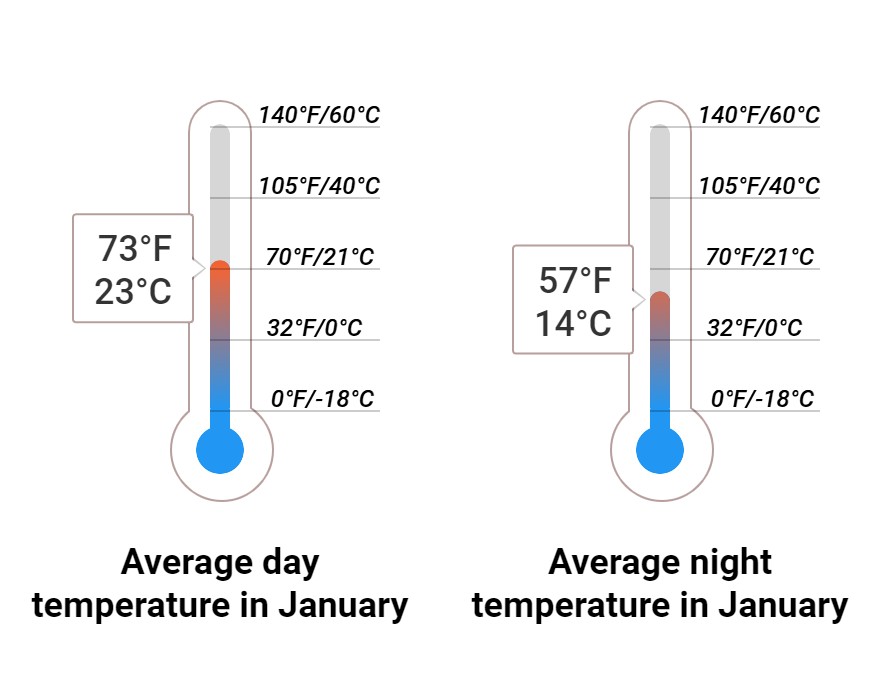
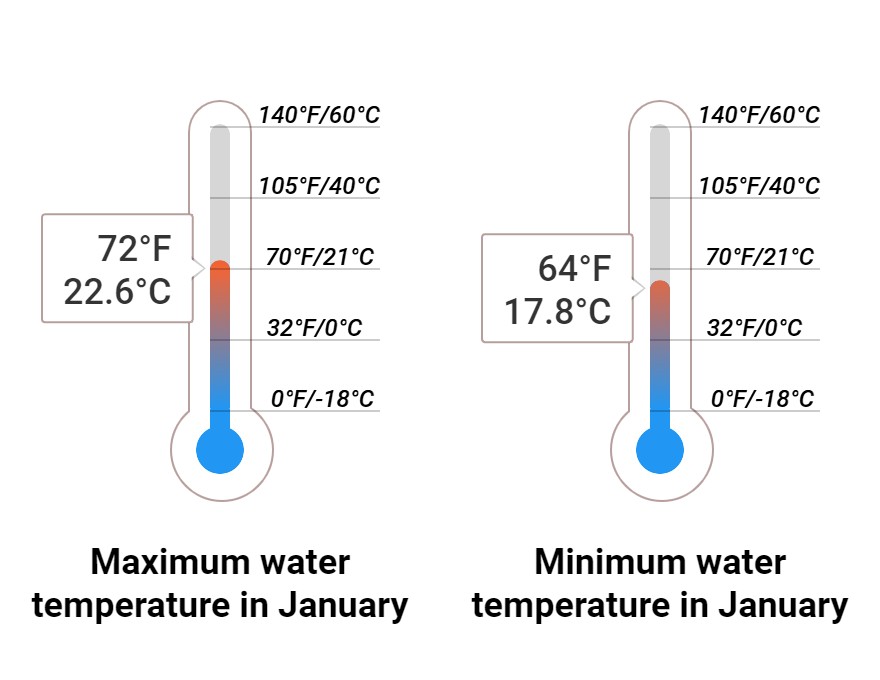
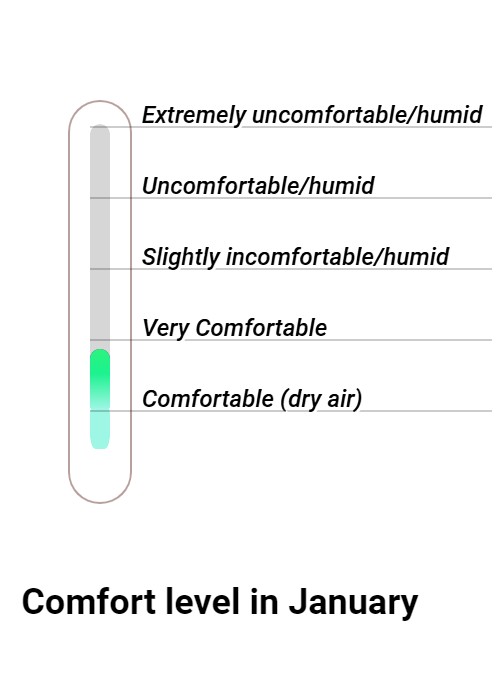
January weather in New Zealand in more detail
To get a better feeling for the type of weather, you can expect in January in New Zealand, we will look at the temperature, rain, wind, humidity, water temperature, and sun and clouds- What will the temperature be in New Zealand in January
Generally, you can expect in January an average temperature of 73°F / 23°C during the day and an average of 50°F / 10°C during the night. In January, during the warmest part of the afternoon, the temperature can often get as high as 86°F / 30°C, and at the end of the night, it can get as low as 39°F / 4°C.
When looking at the whole year, July is the coldest month, with an average temperature of around 51°F / 11°C. January and February are the hottest months, with an average temperature of around 73°F / 23°C. When comparing January with the temperature in the month before and after, this is almost equal to December, which sees an average maximum temperature of around 69°F / 21°C. And equal to February, which sees an average maximum temperature of around 73°F / 23°C.
But average temperatures only tell half of the story. It is also good to check the maximum and minimum temperatures. When looking at the whole year, January and February are the hottest months, with a temperature of around 86°F / 30°C. July is the coldest month, with a temperature of around 62°F / 17°C. When comparing January with the temperature in the month before and after, this is almost equal to December, which sees an average maximum temperature of around 82°F / 28°C. And equal to February, which sees an average maximum temperature of around 86°F / 30°C.
In the following graph, you can see how many cold and hot days you can expect in New Zealand each month:
- Can you expect rain in January in New Zealand?
Generally, you can expect about 9 rain days in January, with on average 1.3 inches / 33 mm of rain.
When looking at the whole year, January is the dryest month, with an average rainfall of around 1.3 inches / 33 mmmm. July is the wettest month, with an average rainfall of around 2.2 inches / 56 mmmm. When comparing January with the month before and after, this is less than December, which sees around 1.7 inches / 42 mm of rain. And slightly less than February, which sees around 1.5 inches / 37 mm of rain
If we look at the number of days with rain, April is the month with the least amount of rain days with an average of between 7 and 8 days. August, October and December And are the months with the most rain days with an average of between 10 and 11 days When comparing January with the month before and after, this is almost equal to December, which sees an average of between 10 and 11 days of rain. And almost equal to February, which sees around 8 days of rain
- What will the water temperature be in New Zealand for January
You can expect in January, the water temperature for New Zealand to be between 73°F / 23°C and 64°F / 18°C.
To compare the water temperature we will use the maximum water temperature. You can expect this temperature on a more sunny day, close to the shore, when the wind does not mix the relatively warmer and colder water.
January and February And have the highest water temperature, withan average of between 71°F / 22°C and 73°F / 23°C. August has the lowest water temperature, with around 60°F / 16°C. When comparing the water temperature from January with the month before and after, January has a water temperature slightly higher than December, with a water temperature of around 68°F / 20°C. And equal to the water temperature from February, that is an average of between 71°F / 22°C and 73°F / 23°C.
- Can you expect in January a lot of sunny days in New Zealand
Generally, you can expect around 6 sunny days in January and around 19 partly sunny days. The remaining days will be cloudy.
When looking at the whole year, April is the month with the highest number of sunny days, with an average of between 6 and 7 sunny days. December is the month with the lowest number of sunny days, with an average of between 3 and 4 sunny days. When comparing January with the number of sunny days in the month before and after, it is almost equal to December, with an average of between 3 and 4 sunny days. And almost equal to February, with around 5 sunny days
We have looked at the sunny days in New Zealand. Let's also look at the cloudy or overcast days. July and August And are the months with the higest number of cloudy days, with an average of between 10 and 11 cloudy days. February is the month with the lowest number of cloudy days, with an average of between 5 and 6 cloudy days. When comparing January with the number of cloudy days in the month before and after, it is almost equal to December, with around 7 cloudy days. And almost equal to February, with an average of between 5 and 6 cloudy days
- Will it be comfortable in January in New Zealand?
Generally, January in New Zealand will have very dry air, and can feel somewhat uncomfortable for some people. But will be fine for most..
We use the humidity and temperature in New Zealand to calculate the Wintersun Expert Comfort level for each month. The lower the Wintersun Expert Comfort level, the more comfortable it will be. Only for certain people, extremely dry air can feel slightly uncomfortable.
When looking at the whole year, June has the lowest humidity, with a Wintersun Expert comfort level of "comfortable" (very dry air). January has the highest humidity, with a Wintersun Expert comfort level of "comfortable" (very dry air). When comparing January with the month before and after, this is slightly more than December, which has a Wintersun Comfort level of "comfortable" (very dry air). And almost equal to February, which has a Wintersun Comfort level of "comfortable" (very dry air)
What to do in New Zealand in January
New Zealand has an abundance of so many things to see in the country. From nature parks to museums, and other interesting sites. Here are a couple of suggestions in no particular order:
- Milford Sound: The site boasts of incredible waterfalls, seals & penguins, and famous Mitre Peak. It is one of New Zealand's most famous tourist attractions.
- Bay of Islands: On the North Island of New Zealand, the bay of islands is most popular for big game fishing, sailing, and Maori sites.
- Waitomo Glowworm caves: It is a cave at Waitomo on the north island of New Zealand. It is a popular attraction because of a glowworm species that are exclusively found in New Zealand. There are organized tours that include boat rides to experience the glowworms.
- Te Puia: This location has a Maori Museum & geothermal geyser that attracts a great number of tourists all year round.
- Vulcanos: New Zealand has several active volcanoes you can visit.
- Museum of New Zealand Te Papa Tongarewa
- Doubtful Sound
- Auckland War Memorial Museum
- White Island
- Larnach Castle
- Hamilton Garden
- Canterbury Museum
- Dunedin Railways
- Otago central rail trail
Is it humid in New Zealand in January?
A lot of people ask interested in the humidity or relative humidity for New Zealand in January. But the real question they want to ask is not about humidity but the amount of moisture in the air. Or better, about comfort. Will it be comfortable in January in New Zealand, or will high humidity make it uncomfortable.To answer this question, we have to look at the dew point. Relative humidity can change a lot in New Zealand during the day and night, as it changes when the amount of moisture changes and, but also when the temperature changes. It is a lot less reliable for comfort. Where the dew point only varies with the amount of moisture in the air.
Looking at the dew point, we can see that for the month of January, you can expect that New Zealand will have very dry air, and can feel somewhat uncomfortable for some people. But will be fine for most..
June is the month with the most comfort. It will have very dry air, and can feel somewhat uncomfortable for some people. But will be fine for most.. January is the most uncomfortable month. It will have very dry air, and can feel somewhat uncomfortable for some people. But will be fine for most.. In the graph, you can see that there is some difference between the most comfortable and most uncomfortable months
Is January a good time to go to New Zealand?
Trying to answer the question of whether January is a good time to go to New Zealand is not as easy as it first seems. Some people like colder weather, and others prefer a warmer climate. Some are fine with some humidity, and others are not. If your location has air conditioning, the night temperature is less important.
These are some examples. I will try to answer the question with a more generic person in mind. The more detailed information in this article should be enough to check further if this applies to you as well.
If we look at the average temperature for New Zealand in January, we can see that it will be fine for most people. In January, you can expect it to be really nice, with an average temperature of around 73°F / 23°C. But due to the very dry air, it can feel somewhat uncomfortable for some people. During the night, it will be around 50°F / 10°C.
The number of overcast days is more than 5, but you can still the sun with around 6 sunny days and 19 partly sunny days.
The last aspect we will look at is rain. You can expect around 9 rainy days, with on average 1.3 inches / 33 mm of rain during January. More then 5 days rain per month makes the chance higher you will see some rain during a shorter stay. But a day with rain does not mean a day you can not enjoy.
We have looked at the average day temperature, the night temperature, humidity, the number of overcast days, and the rain. We think that January a good time to go to New Zealand for most visitors.
Does it rain all day in New Zealand in January?
In New Zealand, it does not rain all day in January. You can expect around 9 rainy days, with on average 1.3 inches / 33 mm of rain during the month.
Another way of looking at the rain is the number of sunny days. For New Zealand, there are, on average 6 sunny days and 19 partly sunny days in January. That clearly shows that it is not raining all the time.
Is January the rainiest month in New Zealand?
January is not the month with the most rainy days, and not the month with the most rain.
To answer what the rainiest month is in New Zealand, we will both look at the month with the most rain, and the month with the highest number of rainy days.
August, October and December are the months with the the highest number of rainiest days. On average, you can expect 11 days with rain. April is the month with the lowest number of rainy days, with aproximately 8 days.
August, October and December are the months with the most rain. These are not equal to the months with the most rainy days. On average, you can expect 2.2 inches / 56 mm of rain. April is the month with the least amount of rain. This is not the same month as the one with the lowest number of rainy days. You can expect approximately 1.3 inches / 33 mm of rain.
Is January the most sunniest month in New Zealand?
January is not the month with the most sunny days, not the month with the most partly sunny days, and it is not the month with the lowest number of overcast days.
To answer what the sunniest month is in New Zealand, we will of course look at the month with the most sunniest days, but also look at the month with the biggest number of days that are sunny or partly sunny.
April is the month with the highest number of sunny days. On average, you can expect 6 sunny days, and 19 partly suny days. December is the month with the lowest number of sunny days.
March is the month with the highest number of sunny days and partly sunny days combined. While August is the month with the lowest number of sunny days and partly sunny days combined.
The last thing we will look at is the number of overcast days. February is the month with the lowest number of overcast days. While July and August are months with the highest number of overcast days.
More information about New Zealand
Weather in New Zealand in other months
- Weather in New Zealand for February
- Weather in New Zealand for March
- Weather in New Zealand for April
- Weather in New Zealand for May
- Weather in New Zealand for June
- Weather in New Zealand for July
- Weather in New Zealand for August
- Weather in New Zealand for September
- Weather in New Zealand for October
- Weather in New Zealand for November
- Weather in New Zealand for December
What to do in New Zealand for each month
- What to do in January in New Zealand
- What to do in February in New Zealand
- What to do in March in New Zealand
- What to do in April in New Zealand
- What to do in May in New Zealand
- What to do in June in New Zealand
- What to do in July in New Zealand
- What to do in August in New Zealand
- What to do in September in New Zealand
- What to do in October in New Zealand
- What to do in November in New Zealand
- What to do in December in New Zealand

